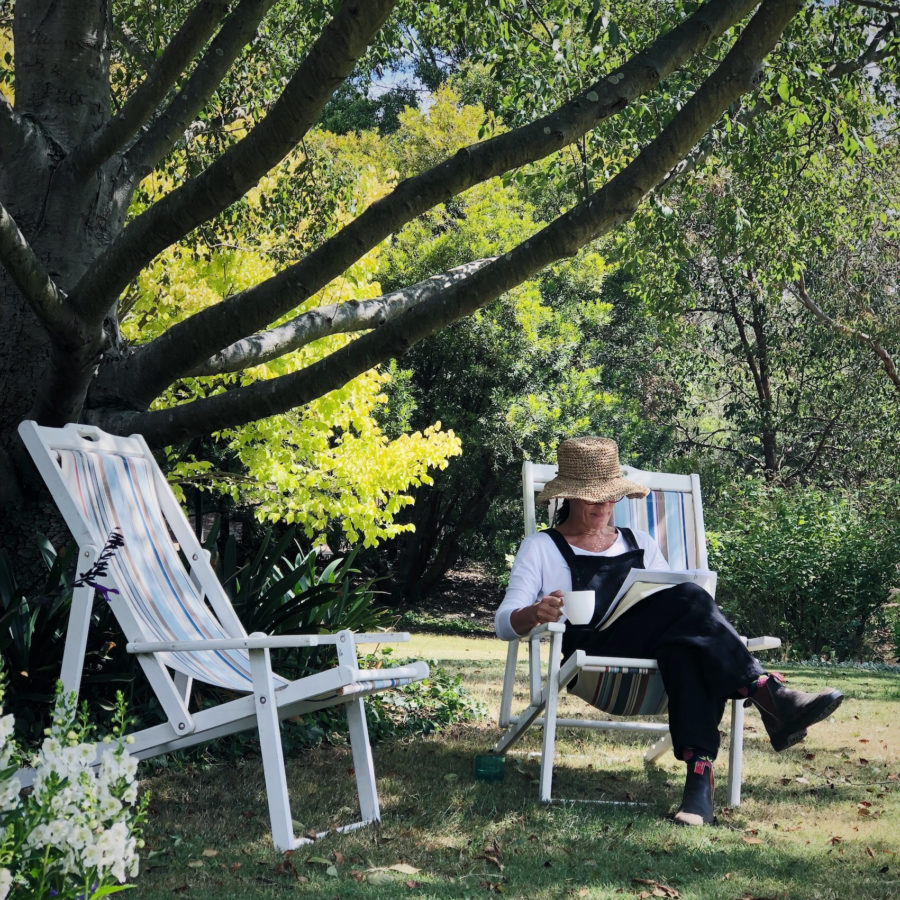
How often in life, in the big moments, do we encourage our loved ones (both children and adults) with the words, “Just be yourself”? We know exactly what that advice means yet in our everyday lives, seeking ‘to belong’ in every situation means this simple message can be easily forgotten.
I was reflecting this week on the fact that every client I meet is someone I enjoy spending time with. I’ve known for a long time (but it’s worth acknowledging again) that the reason for this is that these people show up to see me as their ‘authentic’ selves.
One client shared with me recently that there are only a handful of people in her life, and mostly family members, who get to see her as I do. The rest of the time she wears a mask when she interacts with others and that mask differs, depending on who she is with. Sometimes she pretends she’s more confident, some days she becomes defensive, at other times she pretends she has interests that aren’t truly genuine. At her worst, she finds herself getting caught up in gossip or speaking negatively about people in order to build connection.
These behaviours (or variations of them) are true for many of us. When we feel we’re not valued just for who we are, we feel more pressured to prove ourselves and we can behave in ways that aren’t natural in order to ‘fit in’.
The irony is that the supposedly ‘improved’ version that we show the world when we feel insecure or vulnerable is impossible to make a genuine connection with, so we end up in a cycle of superficial relationships that aren’t fulfilling for anyone.
Many of us believe that the fundamental version of ourselves may not be worthy of love and belonging. We fear that when people know our flaws, they might turn away from us but nothing could be further from the truth. When we’re not being real, we can’t even begin to connect.
It takes enormous courage and a deep commitment to the discomfort of being authentic to drop the façade and interact from a place that is real but when you do find your way there, you’ll discover it’s a place that is completely life-affirming.
So how do we be more real?
Being authentic begins with knowing yourself well and then starting to tune in to when you’re not being yourself. One of the simplest methods is to check your energy levels after interacting. When you’re relaxed enough to be yourself, you’ll feel energise
- Know yourself well. Get to know your values (the guiding principles by which you live your life), your natural strengths, your passions or interests, and maybe even work out what your stance is on different political, environmental and social issues. Don’t feel you need to subscribe to a single standpoint, but rather, find your own path. Sometimes this can be more difficult when your views sit somewhere in the middle, rather than being on the extremes.
- Know your boundaries. Spend some time thinking about what an ideal week, month and year look like for you. This might include how often you exercise, how often you’re social and where you would ideally make time for creative pursuits or to be alone. Don’t think of this as a rigid plan that must be adhered to, but rather a guide that will help you understand the kind of life that is most energising for you.
- Meditate more often. The more you create space for stillness and inner quiet, the more you’ll be able to tune into your own innate wisdom in all areas of your life.
- Spend more time in nature. Ideally, do this without the distraction of music or a podcast. Take the time to make a deeper connection with the natural world to help you get a sense of your place within it.
- Get some support. If you feel that you’ve been wearing a mask for most of your life or in particular situations, it might feel quite confronting to show the world the real you. Work with a psychologist or coach to help you understand yourself better and to gain support as you venture out into the world more authentically.
When authenticity becomes oversharing
Once we make the decision to be our true selves in the world, it’s sometimes difficult to know where the line is between showing up honestly and sharing too much information.
Here are some tips to help you take a balanced approach to being real.
- Know your intention. If you’re sharing to relieve your own tension or just to get things off your chest, maybe you’re opening up for the wrong reasons. If you genuinely want to deepen connection, it’s important to manage your anxiety with a professional or in other ways, rather than burdening friends or colleagues with your problems. Other than in your very closest relationships, a good rule of thumb is to do your best to avoid being overly emotional.
- Is it appropriate for the context you’re in? If you’re opening up to a new friend, you may not want to share your deepest personal secrets, but as time goes on and you’ve built a level of trust, you may find yourself comfortable to share more.
- Stay true to your values. If you’re trying to impress someone by sharing other people’s secrets or gossiping about others, this won’t make you feel great about yourself. Steer the conversation in a direction that feels honest but also kind.
- Consider your expectations. Sometimes we share our true feelings with others in the hope that they’ll validate or comfort us, but some people aren’t geared to offer this kind of support.
- Don’t mistake authenticity for an opportunity to complain. Being open and honest doesn’t mean you need to share all of the negative thoughts or the strong opinions that are on your mind. Be mindful that too much sharing of your worries and forceful opinions may mean the listener walks away with a heavy burden.
- Don’t try to fix everything for everyone else. Sometimes when we discover a new way of being in the world, we feel compelled to tell everyone to do as we’ve done. For the most part, people will enjoy hearing about your experience but remember, they’re on their own journey.
- Authentic connection goes two ways. As well as being open and real, learn to listen deeply too. An authentic conversation goes both ways so it’s just as important to open the space for someone else to share. Do your best to listen with an open heart and remember that most people want nothing more than to feel heard and understood.
Authenticity and occasional discomfort can go hand in hand, but over time dropping the façade, being real and sharing in a considerate way, will bring greater closeness in important relationships and more clarity about what genuinely fulfills you in life.

